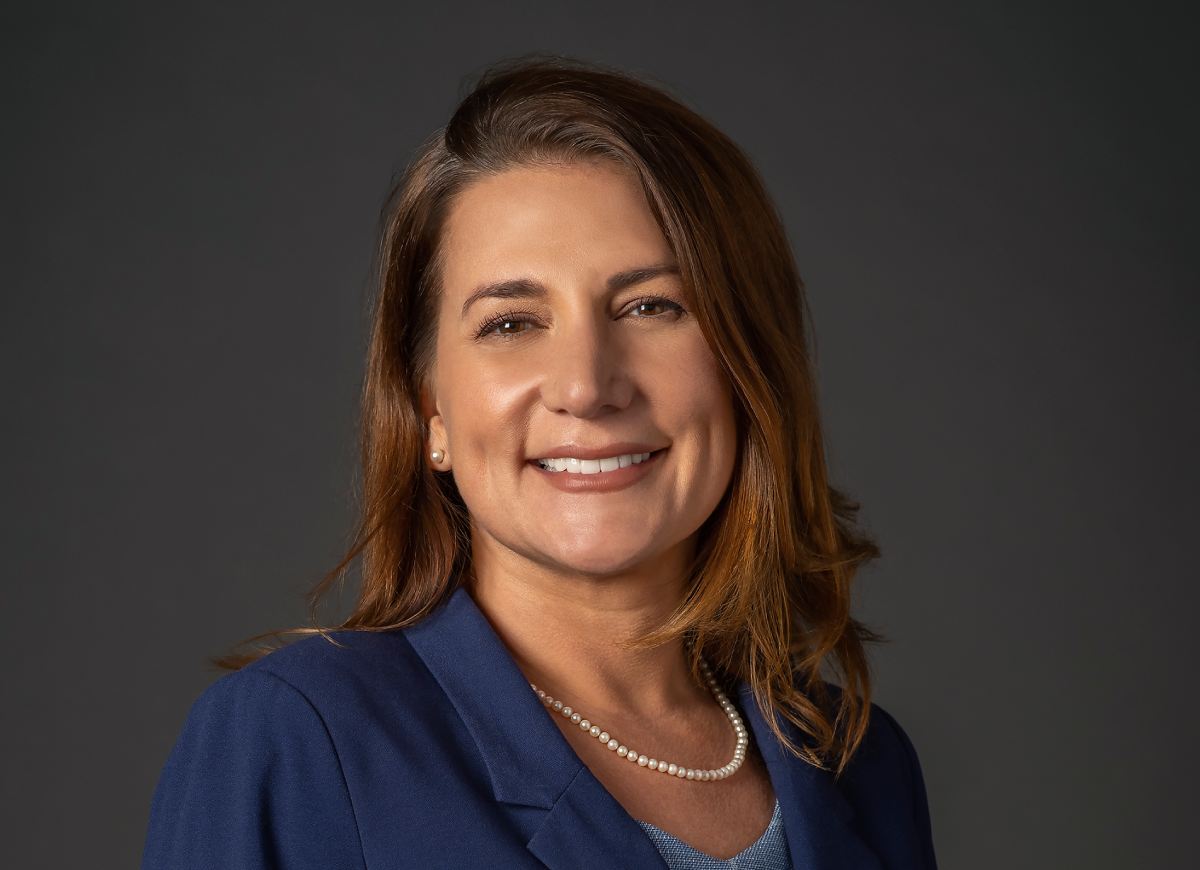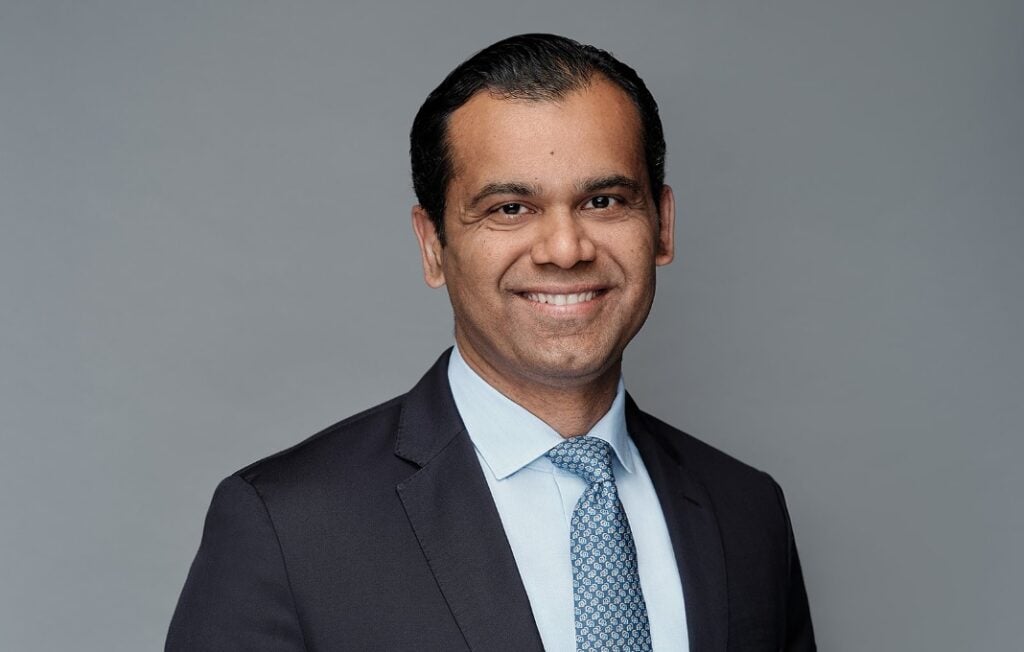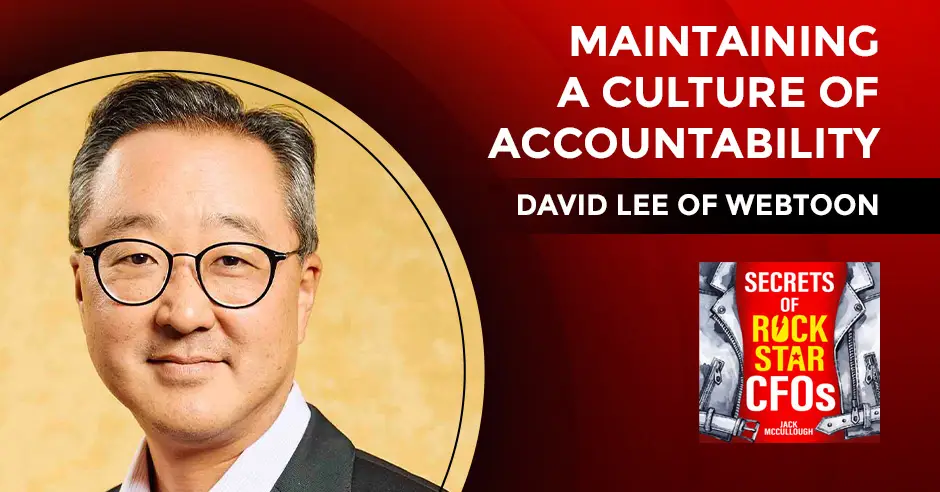The following column is by Sunday Grace, VP and CFO of First Command Financial Services. Any opinions are the author’s own.
With the CFO’s expanding responsibilities now spanning strategic partnerships, talent management and technology implementation, the challenge lies in effectively balancing new demands. To succeed, finance leaders must intentionally carve out time for cross-functional collaboration, commit to continuous learning and actively develop their executive presence.
By using practical strategies to handle these expanded responsibilities, CFOs can avoid feeling overwhelmed and instead make a bigger positive impact on their organizations while growing professionally.
In my job as executive vice president and CFO at First Command Financial Services, I provide transparency to the financial data. However, a more critical aspect of my role is facilitating dialogue with financial advisor teams to align on business objectives and determine the best path forward for the military families First Command supports to improve their financial readiness.
I often act as a bridge to leverage the expertise of the finance team to get buy-in from all stakeholders on strategies that make both operational and economic sense. We regularly meet with our field leaders, who recruit, train and mentor new financial advisors, to discuss how we can support their work. Our consultative approach to finance ensures financial decisions enable rather than constrain financial advisors’ growth and success while benefiting our clients.
Engaging Employees
A CFO’s involvement in human capital is relatively new and, when done right, arguably has great potential to impact the organization. Attracting and retaining engaged and committed employees to the company’s mission is paramount. Our finance team collaborates with HR leaders to align financial forecasts with workforce planning and ensure that the right talent is in place to hit strategic goals.
We also invest in employee development programs to enhance skills and competitiveness. By jointly designing performance management systems and incentive structures, we motivate employees and advisors to achieve financial and nonfinancial objectives.
In the vein of fostering greater employee engagement, I take an active role in the company’s diversity and inclusion journey. I serve as the executive sponsor of IncluCity, our voluntary, employee-led resource group. Individuals come together to help support a psychologically safe environment that fosters innovation, collaboration and communication while promoting higher employee engagement, morale and business performance. This leads to better problem-solving, decision-making and reduced stress, contributing to a positive and inclusive workplace culture and organizational success.
How does an already busy executive fit these new demands on their already full plate? Here’s what’s working for me:
- Reserve 10-15 percent of the week to connect with other functional leaders. This could mean devoting one hour daily to connecting with the talent lead, CTO, COO or other top executive. Take the time to build these relationships, learn about these leaders’ functional priorities and what’s important for their success.
- Participate in training programs to exemplify continuous learning. While learning through hands-on experience is valuable, certain training sessions, conferences and professional development events can accelerate career growth and enhance the CFO’s contributions to the organization. Keeping up with emerging technologies, innovating in best practices and embracing new tools and methodologies showcases an executive’s adaptability and commitment to learning in a dynamic industry environment.
- Seize opportunities to practice soft skills. A CFO’s presentation style and executive presence will allow them to sway decisions and influence the hearts and minds of the people in the organization. When you have opportunities to demonstrate capabilities in these areas, don’t neglect to ask for feedback. In some cases, it’s the only way you’ll improve. Your commitment to self-improvement also sets a positive example.
If you can improve your expertise in certain functional areas, it’s time to make a plan to acquire those skills. If you can, seek the guidance and support of a mentor who can help you achieve your goals and thrive in this evolving business landscape.
©2025 First Command Financial Services, Inc. is the parent company of First Command Brokerage Services, Inc. (Member SIPC, FINRA), First Command Advisory Services, Inc., First Command Insurance Services, Inc. and First Command Bank.







